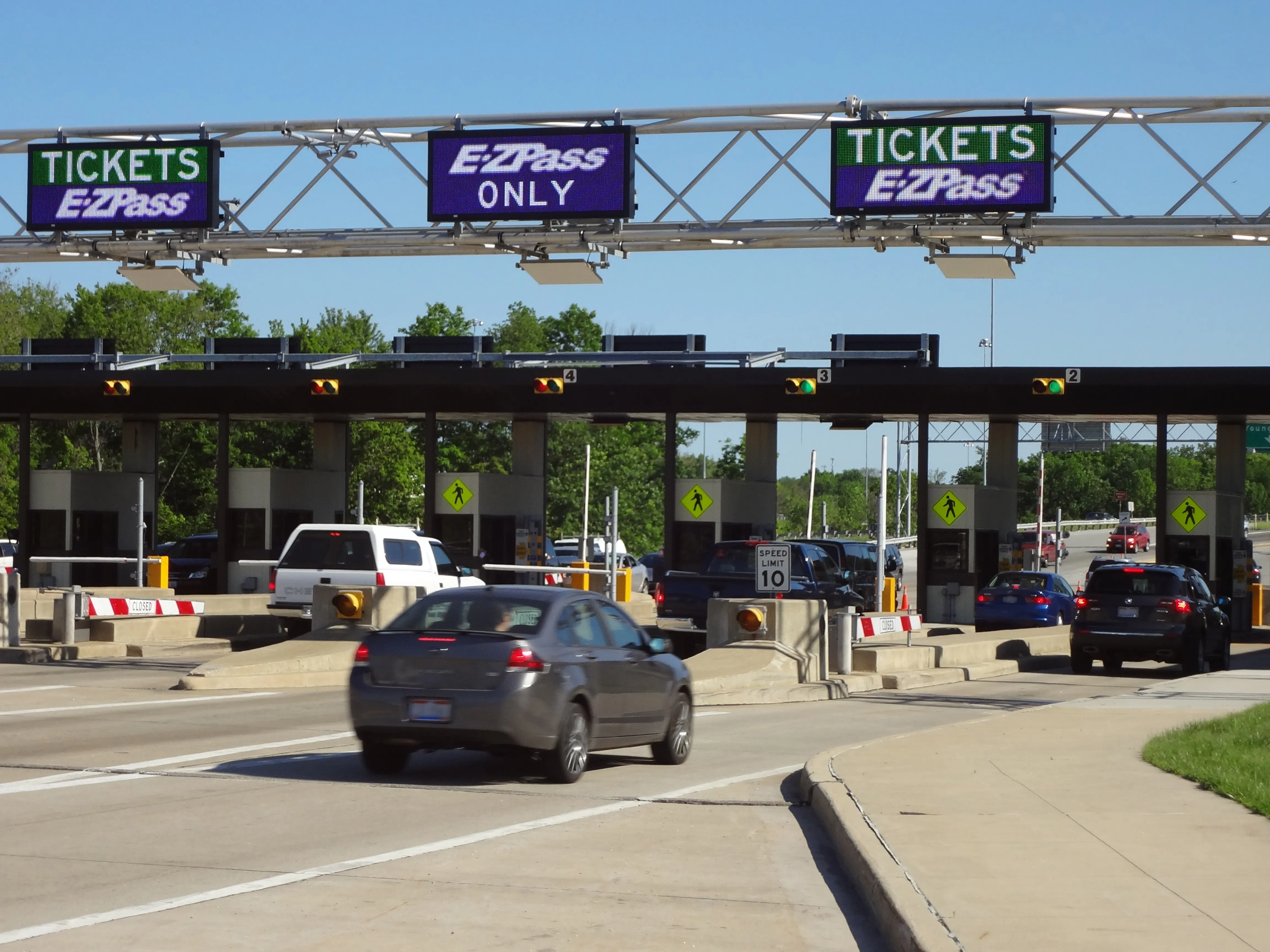
Conduent Transportation has been selected by the Ohio Turnpike and Infrastructure Commission to modernise and maintain Ohio Turnpike’s toll system along the 241-mile interstate highway.
The Ohio Turnpike, one of the longest running toll roads in the US, spans the northern part of the state, connecting the Indiana and Pennsylvania state borders and carries around 53 million vehicles a year.
Conduent will upgrade equipment on a combined 216 lanes, to include self-service and toll collector-operated toll plazas at on- and off-ramps as well as open-road, automated tolling points designed for E-ZPass transactions.
The company will also implement multi-mode automated toll payment machines to accept coins, cash and credit/debit cards.
They will be equipped for contactless payments in the future using smartphones and digital wallets.
The contract begins this summer and will extend until 2034, if the state exercises all option of the contract. All of the new equipment is expected to be installed by early 2023.
The turnpike operates a closed ticketed system, in which drivers pay tolls based on the vehicle’s classification and distance traveled.
Conduent’s multi-mode machines will provide tolling customers both “upper” and “lower” payment control panels for both passenger car and commercial vehicles with easy-to-follow instructions.
The open-road tolling solution will incorporate Lidar-based scanners.
The company will also implement its patented automated licence plate recognition technology to account for vehicles using E-ZPass lanes without a transponder, explained Mark Brewer, president of global public sector solutions at Conduent.
“Our toll collection system is secure and innovative. We look forward to meeting and exceeding the needs of the state and travellers for many years to come,” he said.







